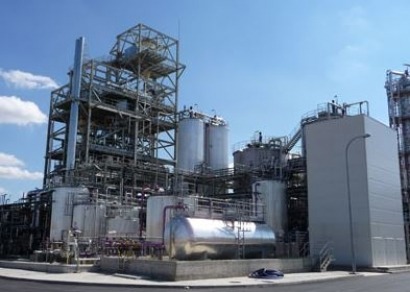
The facility in Babilafuente is the first of its kind for the company, and, according to Bloomberg New Energy Finance, it's the largest plant in the world dedicated to waste to bio-fuel production.
The demonstration plant relies on W2B technology developed by Abengoa to produce second-generation biofuels from MSW using a fermentation and enzymatic hydrolysis treatment.
During the transformation process, the organic matter is treated in various ways to produce organic fiber that is rich in cellulose and hemicellulose, which is subsequently converted into bioethanol.
The plant has a capacity to treat 25,000 tons of municipal solid waste (MSW) from which it will obtain up to 1.5 million liters of bioethanol for use as fuel, the company says.
The production of bioethanol from municipal solid waste is a major technological breakthrough in the waste management model, since it increases the recovery rate, minimizes the carbon footprint and generates major benefits for society.
“This plant once again highlights Abengoa’s commitment to technological research and innovation, which has enabled it to maintain a competitive advantage in its sectors, leading projects with huge technological potential and programs that involve world-leading research centers and strategic partners,” said Abengoa CEO Manuel Sánchez Ortega.
The bioethanol produced at the W2B plant has multiple uses such as an additive for gasoline, increasing its octane rating; as fuel for cars; for use in the chemicals and pharmaceutical industry (in solvents or cosmetics, for example), and even as an intermediate product in producing jet fuel.
For additional information:

